Quarts to Pounds Calculator
To convert quarts to pounds, multiply the number of quarts by 2.085. This conversion is useful in recipes, storage measurements, and when working with liquid or dry substances.
To convert quarts to pounds, multiply the number of quarts by 2.085. This conversion is useful in recipes, storage measurements, and when working with liquid or dry substances.
The Quarts to Pounds Calculator assists in converting volume (quarts) into weight (pounds). It being a handy tool is used in various contexts like cooking, baking, and agriculture. Importantly, knowing the equivalent weight of a specific volume can help simplify measurements and ensure accuracy, especially when handling ingredients or materials with different densities.
This calculator provides quick, accurate conversions, making it essential for anyone working with volume-to-weight conversions.
| Variable | Description |
|---|---|
| LBS | Weight in pounds |
| Q | Volume in quarts |
| 2.085 | Conversion factor for quarts to pounds |
Example 1: Convert 4 quarts to pounds.
| Step | Calculation |
|---|---|
| 1 | |
| 2 | LBS = 8.34 |
Answer: 4 quarts is equal to 8.34 pounds.
Example 2: Convert 10 quarts to pounds.
| Step | Calculation |
|---|---|
| 1 | |
| 2 | LBS = 20.85 |
Answer: 10 quarts is equal to 20.85 pounds.
A Quarts to Pounds Calculator is a measurement-converting tool. It is used to convert between quarts and pounds, especially when dealing with liquid and dry ingredients.
Since quarts measure volume and pounds measure weight, the conversion can vary depending on the substance’s density. For example, converting quarts to pounds for water differs from converting quarts of flour or dry goods.
For reference:
Likewise, when using this calculator, simply input the number of quarts, and it will convert them to pounds based on the density of the substance. This is particularly useful for recipes, agricultural measurements, and bulk food handling, where precise conversions from volume to weight are necessary.
Conclusively, a Quarts to Pounds Calculator is ideal for accurately managing volume-to-weight conversions, saving time and reducing errors in practical applications.
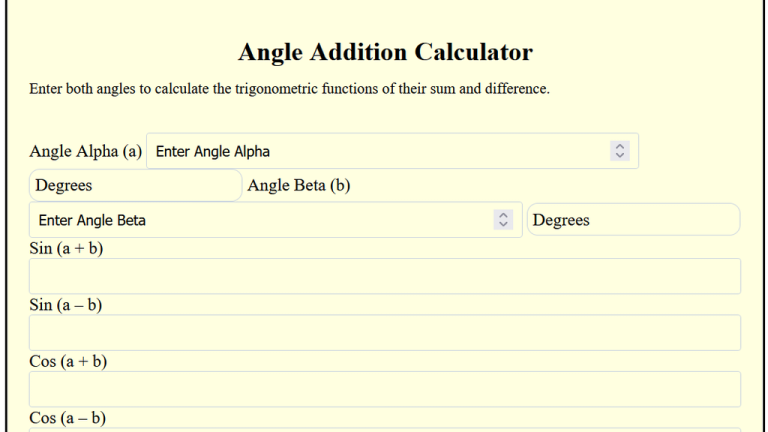
To find the total angle, add two or more given angles in degrees, minutes, and seconds. The Angle Addition Calculator is a practical tool for calculating the sum or difference of angles in degrees, minutes, and seconds. Whether you’re solving geometry problems, working on trigonometry equations, or calculating angles in navigation, this tool provides accurate…
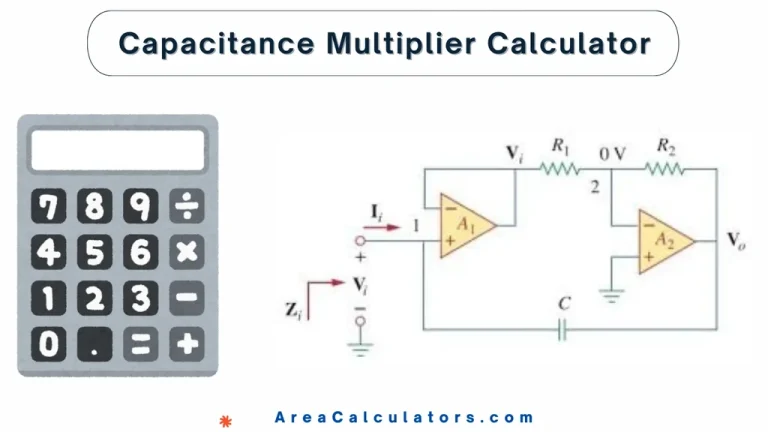
9 / 100 SEO Score To calculate the multiplied capacitance, multiply the input capacitance by the desired multiplication factor. The Capacitance Multiplier Calculator finds out the effective output capacitance using a capacitance multiplier circuit. This method is particularly useful in filter circuits, where large physical capacitors are impractical. It works by simulating the behavior of…
![Area of Regular Polygon Calculator [ Find Regular Polygon Area ] 3 Calculation of regular polygon area using side length and perimeter for accurate space measurement.](https://areacalculators.com/wp-content/uploads/2025/07/area-of-regular-polygon-calculator-768x432.webp)
12 / 100 SEO Score To calculate the area of a regular polygon, square the side length (s²) and multiply by the number of sides (n). Divide this product by 4 times the tangent of π/n. This will give you the area of the polygon. Area of Regular Polygon Calculator Number of Sides (n): First…
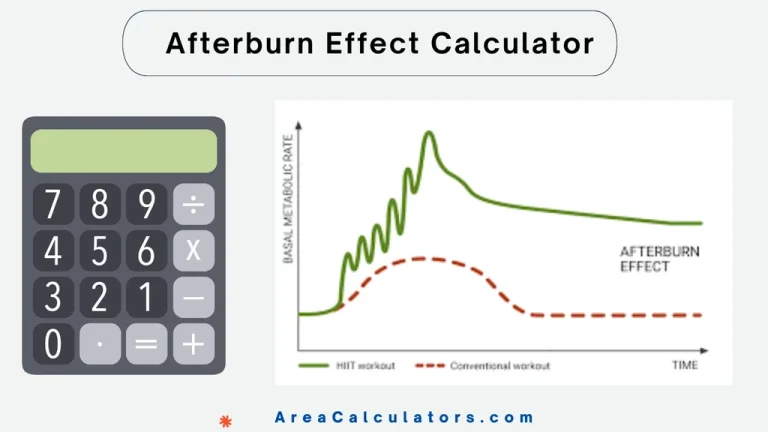
10 / 100 SEO Score Use this afterburn effect calculator to quickly calculate by entering values of exercise intensity, body weight, exercise duration to get afterburn effect. AE = 0.014 \times BW \times EI \times ED The Afterburn Effect Calculator helps you estimate the additional calories that your body burn after intense exercise. This is…
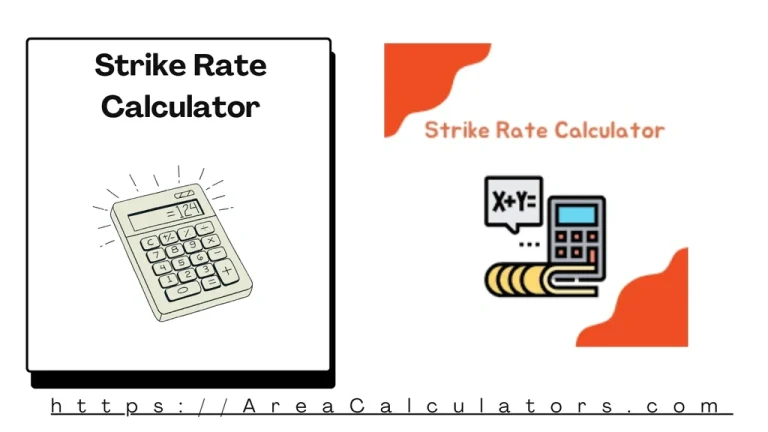
To calculate the strike rate, divide the number of runs scored by the balls faced, then multiply by 100. The Strike Rate Calculator provides an easy way to record a player’s scoring efficiency in cricket. In simple term, strike rate shows the speed at which a player scores runs, which is crucial for formats like…
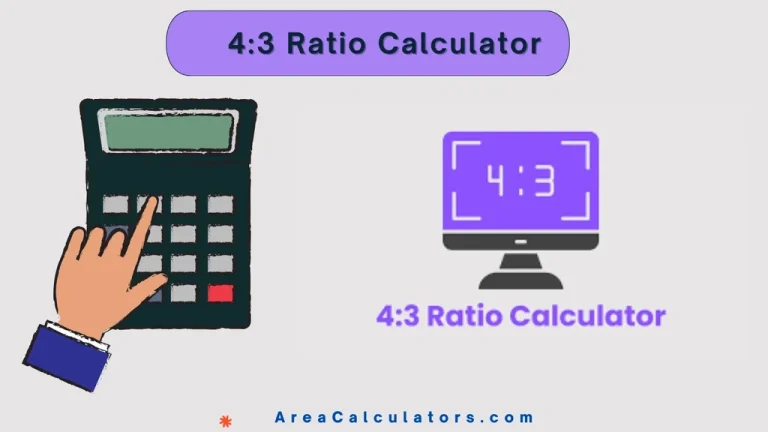
10 / 100 SEO Score Multiply the given value by the ratio (4/3) to calculate the proportional value for the 4:3 aspect ratio. This ensures that the dimensions are scaled accurately. A 4:3 Ratio Calculator is a tool used to calculate proportions based on the 4:3 aspect ratio. This is useful for adjusting image and…